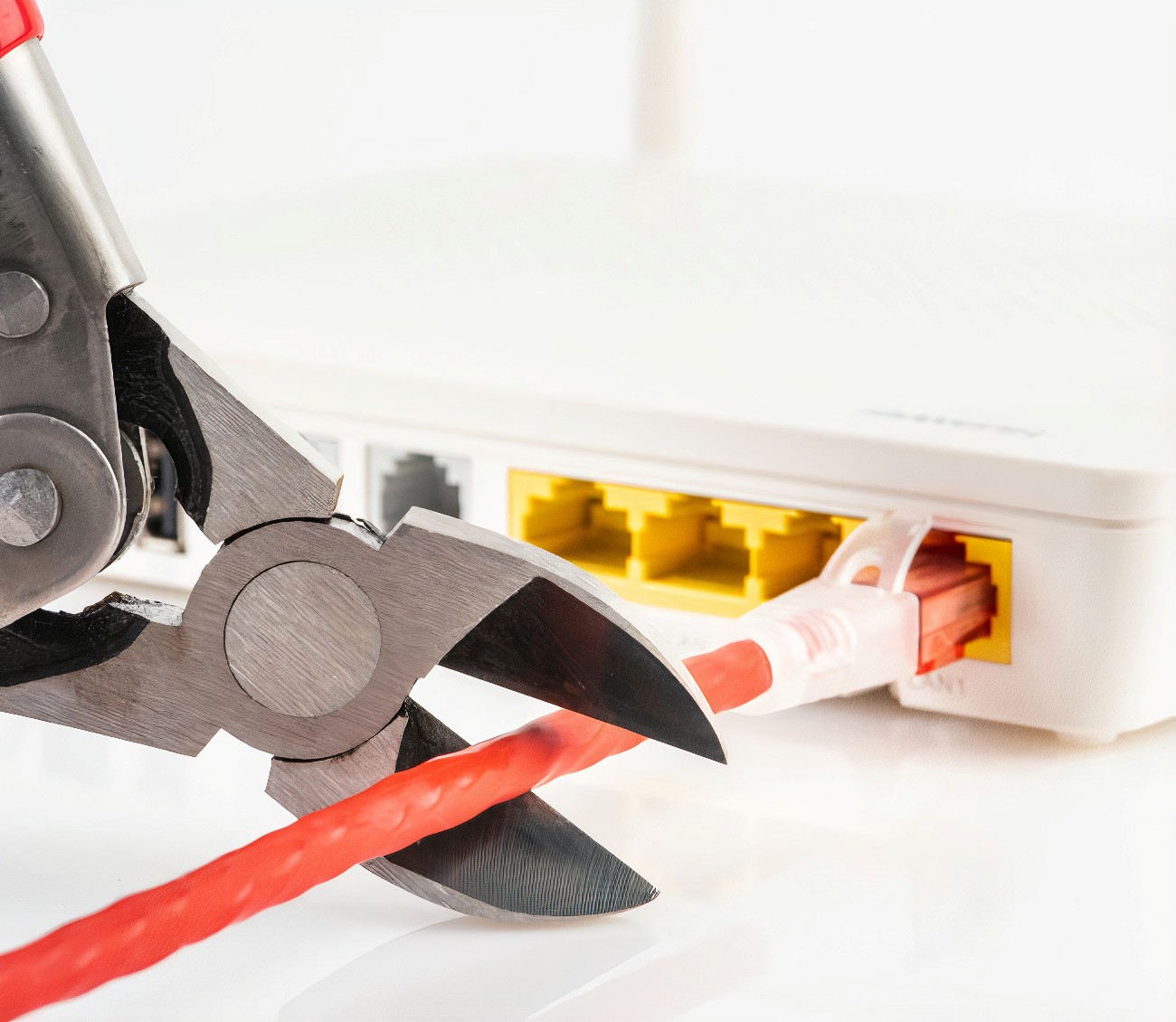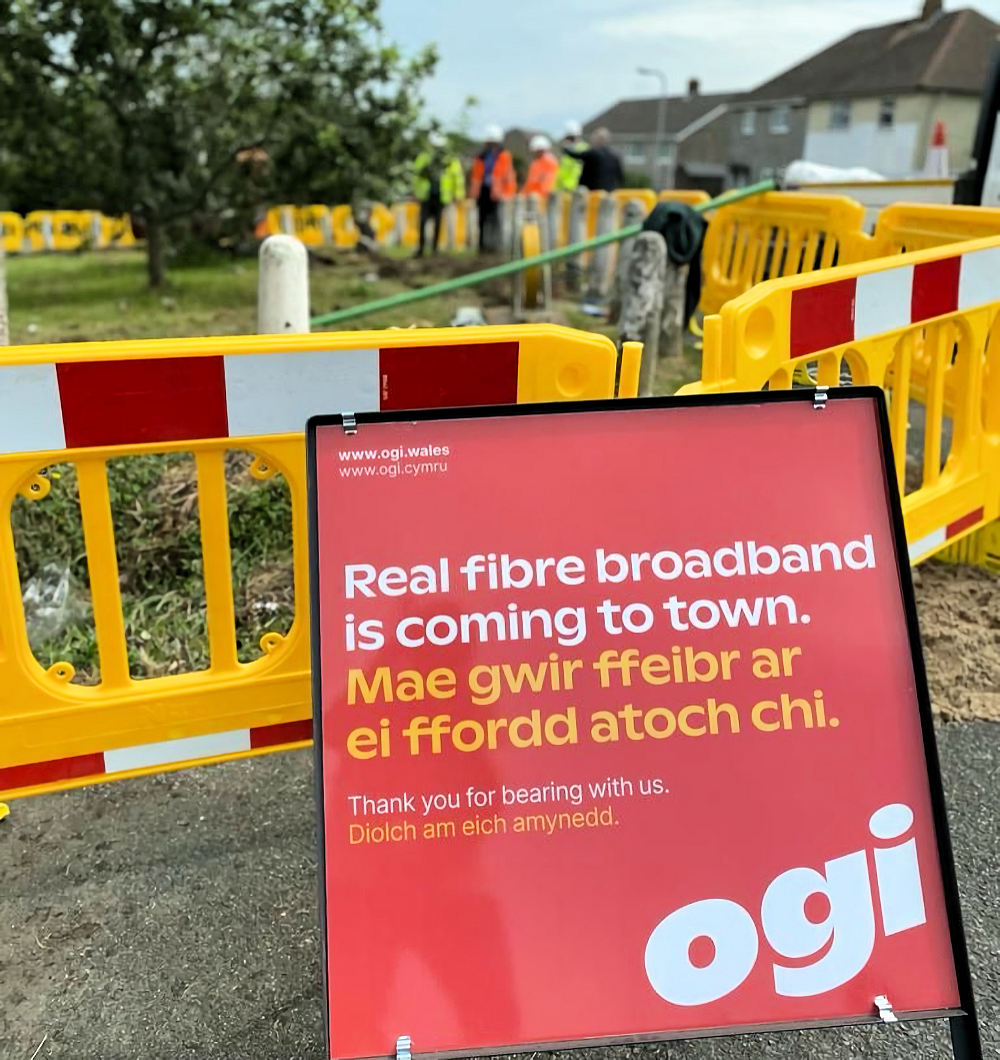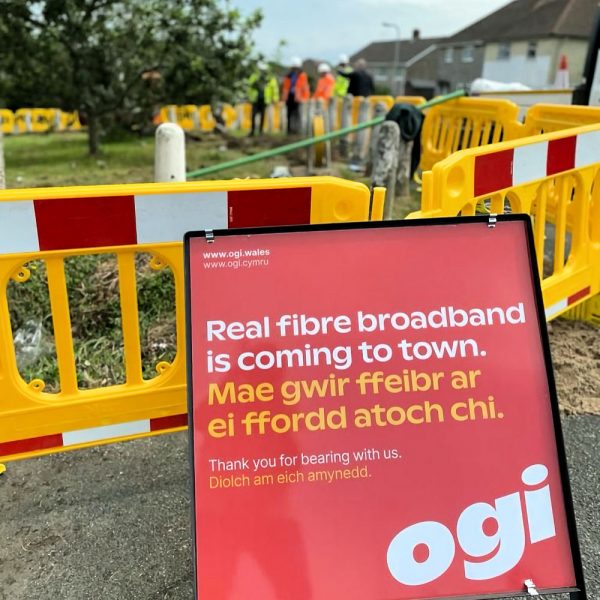BT Advert Banned for Misleading “UK’s most powerful Wi-Fi” Claim
A complaint by UK cable ISP Virgin Media has resulted in the Advertising Standards Authority (ASA) banning a couple of BT adverts after they misleadingly claimed their Smart Hub broadband router could deliver the “UK’s most powerful Wi-Fi vs. major broadband providers.” It’s not the first time that’s happened.
Back in 2017 several ISPs moaned to the ASA after BT used actor Ryan Reynolds to support “misleading” claims of being able to offer the “UK’s most powerful wi-fi signal” and “better wi-fi coverage” (here). By comparison the “new” adverts for their residential and business broadband services (run during May 2018) were supported by additional testing and the “vs. major broadband providers” caveat.
In fairness BT did a reasonable job on the wireless speed testing side of things, which was carried out in their own test house. Nevertheless the ASA today noted that there were other forms of non-Wi-Fi interference common in many households, beyond Bluetooth, for which BT had not tested.
Frustratingly the ASA has not been specific about which forms of interference they now expect ISPs to factor when testing the WiFi performance of their routers, which would have been helpful when ruling on such a topic. Equally there’s the slight irony that Virgin Media’s own Hub 3.0 router is well known to be a worse performer than BT’s Smart Hub for WiFi, but that’s another debate.
We noted BT had tested for both Wi-Fi and Bluetooth interference. However, there were other forms of non-Wi-Fi interference common in many households beyond Bluetooth for which BT had not tested. We were therefore concerned that the tests did not fully reflect everyday real household conditions by not including those other forms of non-Wi-Fi interference. Furthermore, no recording of the levels of interference at the time each router was tested had been provided, meaning that we were unable to verify that all the routers tested were subjected to consistent levels of interference.
In relation to ad (b), the testing carried out on the business routers had been conducted in laboratory test houses and a variety of real-world business settings. However, it appeared that the laboratory tests did not test for all forms of non-Wi-Fi interference that would be common in many business environments. Although the different types of Wi-Fi and non-Wi-Fi interference that business customers would experience would invariably be present in the real-world tests, we were concerned that there were no recordings of the levels of interference at the time each router was tested. Therefore, if there was transitory interference during the testing, it would not be clear which devices could have been impacted and if there was an even impact across devices and test scenarios.
Because BT did not test for all significant forms of non-Wi-Fi interference and because they did not provide recordings of the levels of interference when each router was tested, we concluded that the claim “UK’s most powerful Wi-Fi vs. major broadband providers” in ad (a) and “UK’s most powerful business Wi-Fi signal vs. major broadband providers” in ad (b) had not been substantiated and were therefore misleading.
As usual the ASA banned the advert (largely symbolic since it’s run ended ages ago) and called on BT “not to claim that their routers were ‘the UK’s most powerful’” unless they could “demonstrate that they could provide a stronger signal than other major providers when subjected to other forms of non-Wi-Fi interference, and unless they could provide recordings of the levels of all types of interference when each router was tested to demonstrate that each router was subjected to consistent levels of interference.”
The “all types of interference” proviso may present some interesting challenges for BT and other ISPs, although in fairness it would probably be best if all providers just avoided making any overly bold claims about WiFi performance. Such routers are highly variable in their speeds due to many different factors. In the meantime you can check out BT’s most recent batch of November 2018 testing (here).
Mark is a professional technology writer, IT consultant and computer engineer from Dorset (England), he also founded ISPreview in 1999 and enjoys analysing the latest telecoms and broadband developments. Find me on X (Twitter), Mastodon, Facebook and Linkedin.
« FirstGroup and Blu Wireless to Upgrade UK Trains with 5G Broadband
Latest UK ISP News
- FTTP (5507)
- BT (3513)
- Politics (2534)
- Openreach (2296)
- Business (2259)
- Building Digital UK (2243)
- FTTC (2042)
- Mobile Broadband (1970)
- Statistics (1787)
- 4G (1661)
- Virgin Media (1615)
- Ofcom Regulation (1458)
- Fibre Optic (1393)
- Wireless Internet (1388)
- FTTH (1381)
























































I really don’t believe that any WiFi hub will provide blanket coverage to a home. Especially in the 5GHz band. ISPs need to give us the ability to increase the power of the output that best suits the home. I live in a flat with concrete walls. I have two WiFi extenders, as concrete absorbs the radio frequencies. Seeing as I have most devices in the 5GHz band I really do need those WiFi extenders. Someone really need to make a change so we can enjoy our WiFi coverage, not find it frustrating when we go the back of the property! Rant Over!
Most ISP routers transmit at the maximum allowed in UK. I would also support the locked down firmware allowing control the power level but it wouldn’t be up it would be down. WIFI interference between neighbours can be significant and it will not help get round the physical barriers in all our homes.
ISPs receive large numbers of support calls which are not related to the broadband but the WIFI coverage and speed. Hence why recently BT, Talktalk and now Vodafone are up selling their wares with mesh systems at a price.
Try Mesh, far better for coverage when you have a troublesome home layout
Mine covers our three floor home fine, though it wasn’t provided by an ISP.
We need to get back to the point where consumers are like pros and just get a modem to plug into their own kit. Less cost for the ISP and easier to troubleshoot to their demarcation point.
The amount of times I hear ‘my internet isn’t working’ mistakenly translated from ‘my WiFi isn’t working’ is incredible.
The ISP can of course recommend and or sell the router hardware if they then wish but they’d be best to stay out of the debate and just focus on their core in my opinion.
This makes no sense to me sorry. Aren’t you defeating your own argument by saying that consumers are like pros but then saying it’s commonplace for people to conflate WiFi not working with internet not working? This conflation only occurs because 95% of consumers don’t know their backside from their elbow.
ISPs have always bundled hardware once we moved from dial up, and to put the onus on dumb, excuse me – lay – customers would mean that in many cases ISPs would just blame third party hardware. They already do it now with prosumers by insisting that line fault checks etc be conducted connected to their own hardware because they don’t trust the end user to be competent enough to set the equipment up satisfactorily.
Also, when have consumers EVER been pros? I’d love to know. By and large they are like sheep. The vast majority have absolutely no understanding of how their internet is delivered, how their WiFi works or anything. They want to plug it in, pop in the password and get on Facebook. That is it and there nothing pro about that.
The point about a separate modem for the relevant line technology is a good one but we have now drifted well away from this as more cost and responsibility has been passed from the network provider to the ISP. Ofcom have also been busy passing the battery backup and phone responsibilities to the ISP and it looks like the same with FTTP.
From an ecological stand point we are throwing perfectly good kit away every time we jump ISP simply because A is better than B or C is offering a goody. The amount of DSL based routers down the dump confirms the issue and the same looks likely in overbuild areas with ONT based routers going forward. I don’t know whether OR are moving to a smaller one port ONT or they will also move this to the ISP but I hope OR stick with their own ONT and ISPs support the use the existing router etc so that house kit has a longer life based on major standards changing not every 12/18 months.
Great to see the ASA doing important work like banning a 2017 advert in 2019 after it has stopped airing in its original format long ago.
I really do struggle to understand what the actual point is as it seems like an excerise in futility. Is it so they can rap BT or whichever company’s knuckles to discourage them from doing it again? If so, what evidence is there to suggest that this an effective deterrent against false advertising? The consumers that are meant to be protected have long since been duped. Would they have recourse to end their contract having been sold a pony? Doubtful and the joke is they’re probably out of their minimum term now anyway.
The ASA rulings that I see reported on never levy any fines against advertisers, just warnings to change the information or be more clear etc. Totally ineffective, a waste of time and a waste of money when it’s done like this. And as the article states, they ironically are not clear in their findings about what other types of interference they deem worthy of testing the devices against. Farcical.
It’s the same ASA that lets telecom advertise copper VDSL as “fibre broadband”, thus misleading consumers.
Wi-Fi and Internet are considered a utility these days by most people, and it rates up there in similar priority to electricity, gas and water. These latter three utilities get installed by professionals with most people never attempting any changes or fixes or improvements themselves to them. Yet something like broadband and Wi-Fi is installed by the home owner, and surprise surprise in many cases it then falls short of optimal, and worse, interference can also affect neighbours Wi-Fi performance.
Building regulations should be extended so that new builds get some basic networking built into the fabric of the property. Simply having an Ethernet cable up into the ceiling central in the property for a ceiling mounted access point would resolve many coverage issues. You don’t need elaborate routers with a dozen sticking up antenna and over exaggerated marketing claims to get good coverage, you just need an access point suitably positioned.
The default installation position I see with a lot of routers with Wi-Fi is against one of the outside walls as it is near the BT phone socket which typically is on an outside wall, so not central in the property, so 50% of the signal is wasted going outside or rather being absorbed by the bricks and mortar. The trend for adding more Wi-Fi access-points with a mesh network is just making it all a lot worse.
When we moved into our new house, we struggled to get full house coverage as the Wi-Fi access-point was by an outside wall, and whilst the property isn’t a mansion, with 5 bedrooms to cover it is large enough for the signal to be poor at either ends of the house. Downstairs struggled more as the downstairs walls were solid brick. Installing a ceiling mounted access point in the landing in the middle of the house high up immediately resolved all the issues. When downstairs the signal is passing vertically more or less through the ceilings (plaster board and wood rather than one or more brick walls), upstairs has full coverage as well given the access-point is central. We even get a good signal outside in the garden and in a separate garage. This access point costs considerably less than some of these go-faster routers and blends in like a smoke alarm. We can even use 5GHz across the whole house which was never possible before.
Just like most people don’t attempt to install a satellite dish themselves or an outdoor aerial, the same really should apply to Wi-Fi. A professionally installed ceiling mounted Wi-Fi point in the centre of the house would solve most people’s problems and give whole house coverage, and this should be part of the building regulations for new builds, and more ISPs should be offering perhaps an installation service.
The ASA is a joke. Good Wifi is like good plumbing and needs a good plumber to sort it. The bt hubs are quite good compared with many others as the rely on them to blast Fon out into the street and let the world and his wife have ‘free’ WiFi. They serve small homes quite well. For larger homes a mesh is great.
“although in fairness it would probably be best if all providers just avoided making any overly bold claims about WiFi performance.”
Maybe now they will get the hint lol.